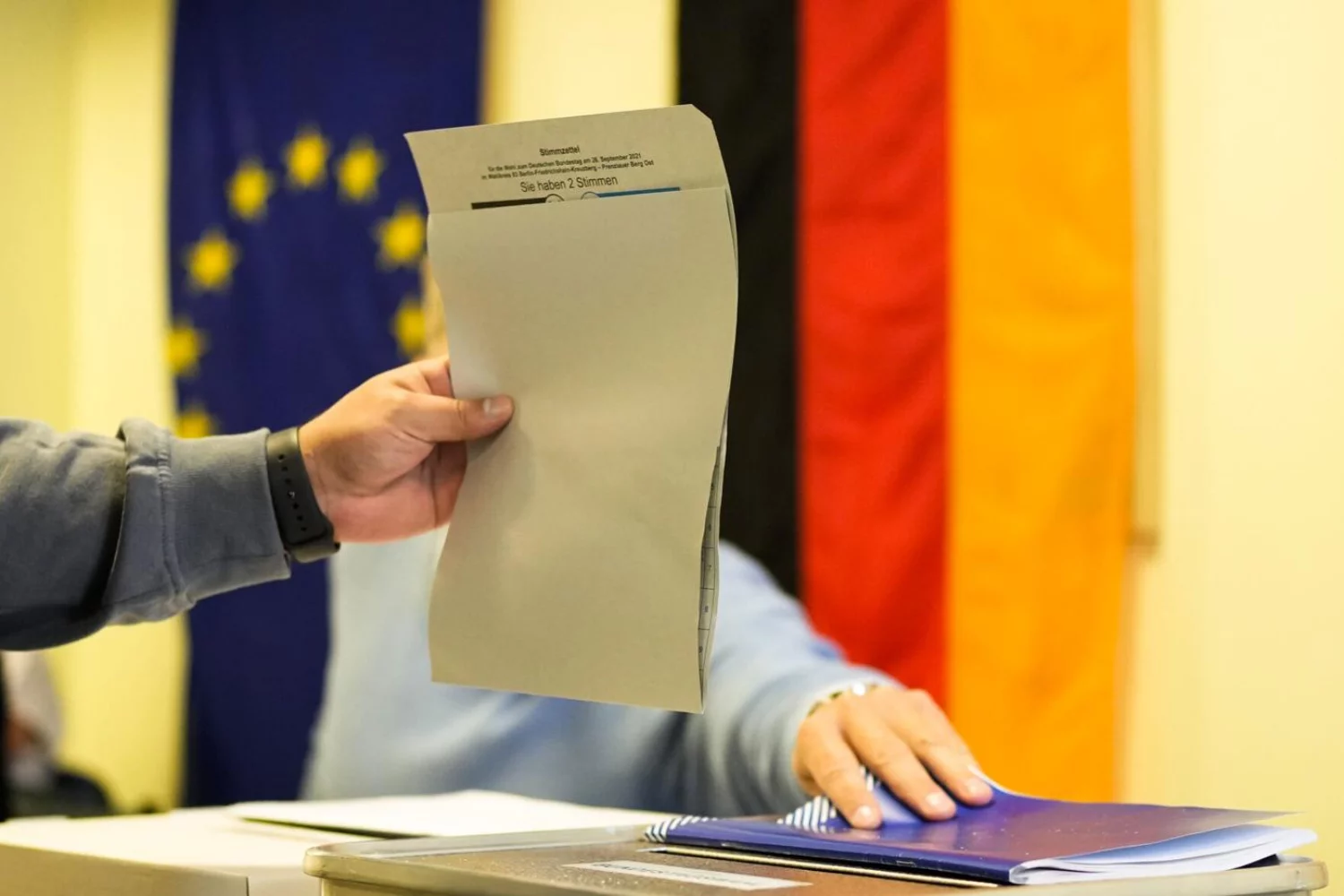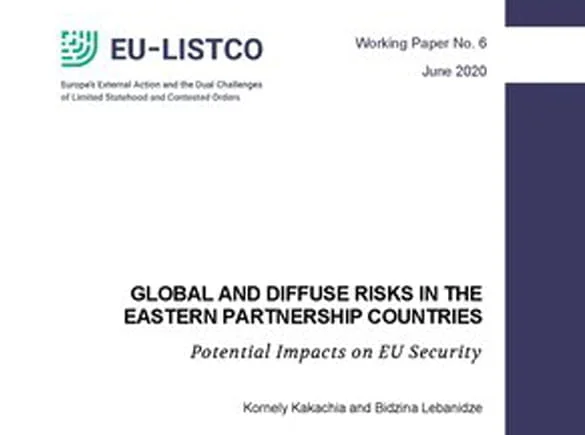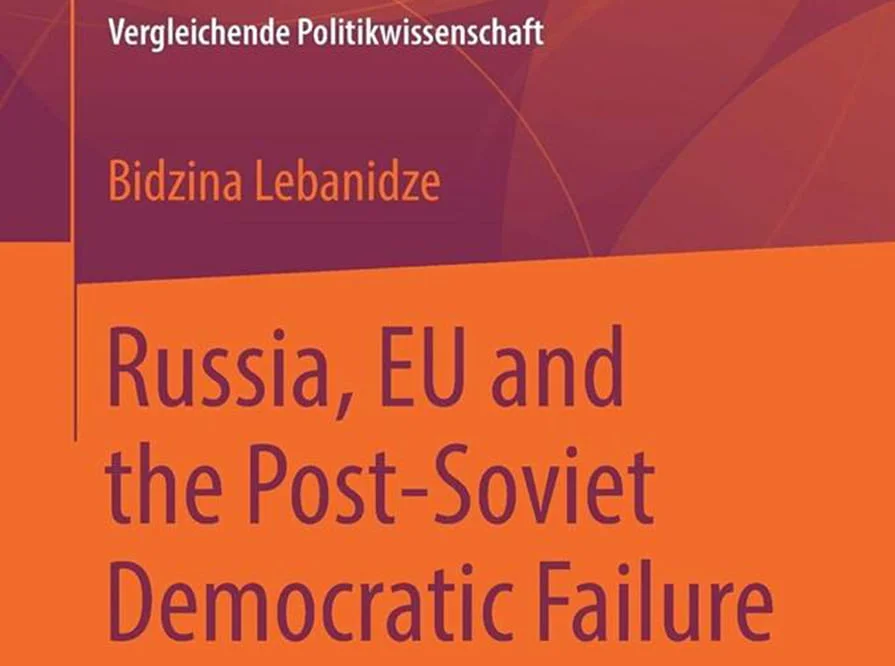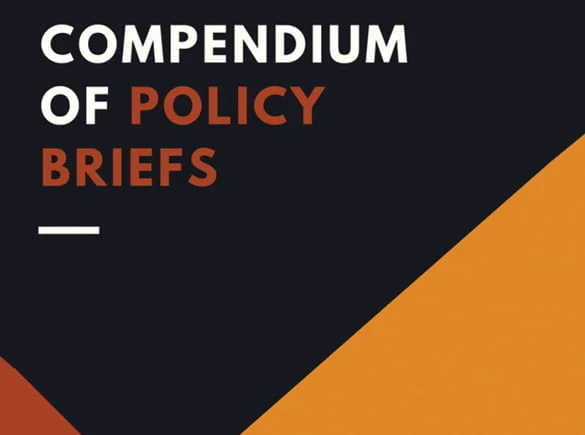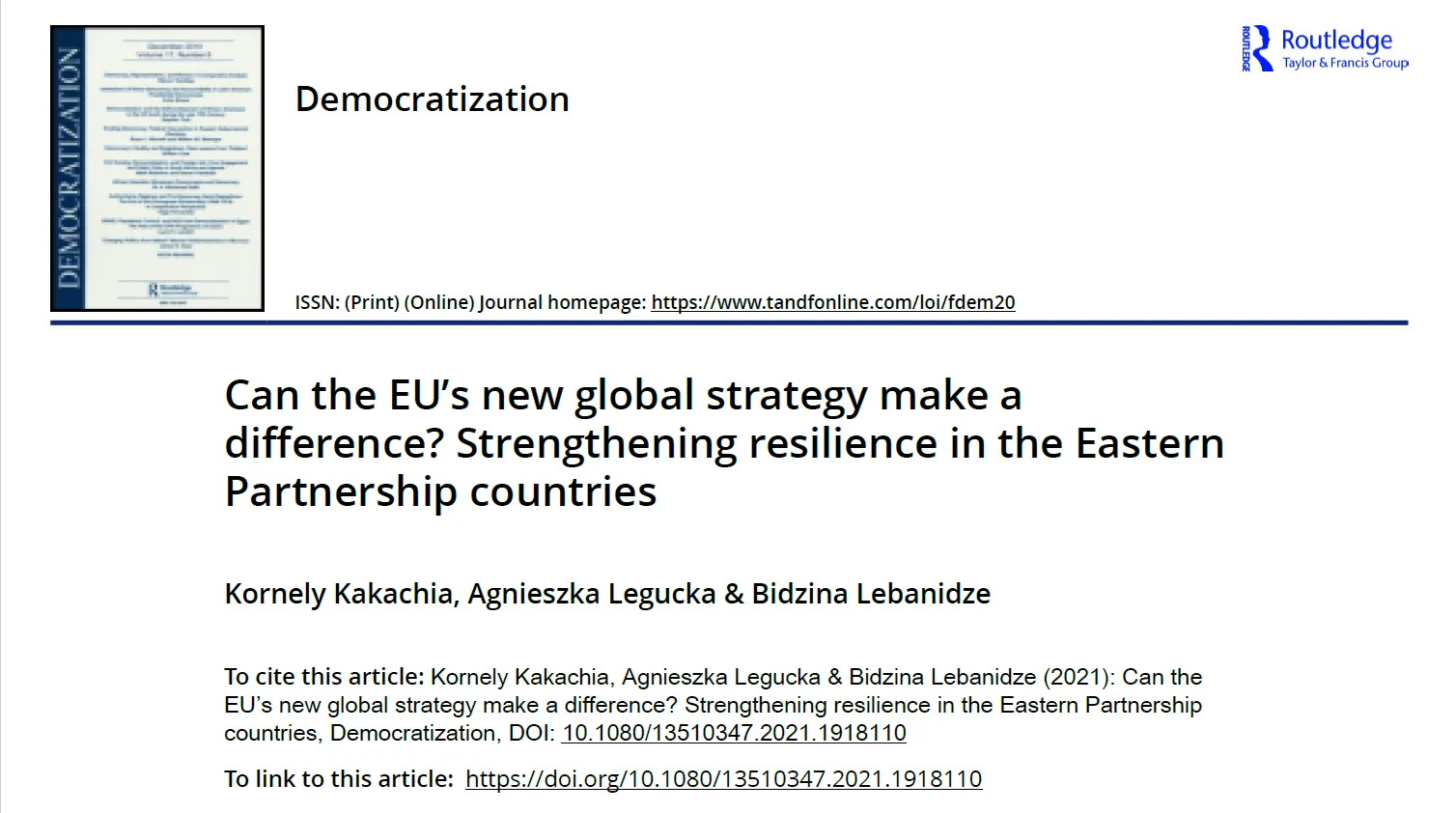Bidzina Lebanidze[1]
[This publication was produced with the financial support of the Open Society Georgia Foundation. The views, opinions and statements expressed by the authors and those providing comments are theirs only and do not necessarily reflect the position of the Foundation. Therefore, the Open Society Georgia Foundation is not responsible for the content of the information material].
On September 26, 2021, national elections took place in Germany. The election results were close, with the German Social Democrats (SPD) emerging with a slight lead (25.8%) over Angela Merkel’s Christian Democratic Union (CDU) (24.1%). The Greens (14.6%) finished on third place, followed by the liberal Free Democratic Party (FDP) (11.5%) and the far right AFD (10.6%) (Figure 1).
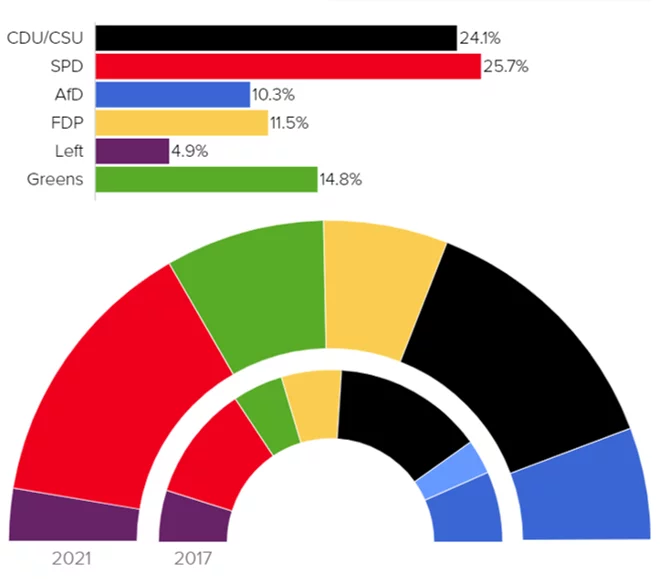 Figure 1: German Election Results; Retrieved from Politico.eu https://www.politico.eu/article/german-election-2021-results-live-blog/
Figure 1: German Election Results; Retrieved from Politico.eu https://www.politico.eu/article/german-election-2021-results-live-blog/
The elections signal that Angela Merkel’s 16-year-long era is drawing to a close; a new government and chancellor will soon takeover to guide Germany and the EU through these turbulent times. German elections matter a lot for the Eastern Partnership (EaP) countries too. Germany significantly shapes EU policies towards Russia and has a significant impact on the Union’s enlargement and neighbourhood policies. Below, we have outlined five take-aways from the German elections which matter most for Georgia and other EaP countries.
- Very good news: The weak performance of the Left party. Probably the single most important positive outcome of the 2021 German elections for the EaP countries were the poor performance of the Left party, a successor of the East German Socialist party with the most pro-Russian stance and a desire to abolish NATO, further weakening the Western community. There had been a slight risk of the Left party forming a government with SPD and the Greens (“red-red-green”), especially since a similar coalition already exists locally in several federal lands, including in the capital city, Berlin. The Left party even tried to soften their foreign policy attitudes recently to make the party’s standing more attractive to potential coalition partners. Yet, while the chances of their participation in the next German ruling coalition were not that high from the beginning, their failure to pass the 5% threshold made this option theoretically impossible. What is more, the Left party seems to be caught in a long-term crisis, perpetually losing their voters to other left parties, as well as to the right-wing AFD.
- A rather good news: The Greens may still enter the government. The Greens are the party to vouch for if you live in the EU’s Eastern neighbourhood. They have the most critical stance on authoritarian states – including Russia, Turkey, and China, have opposed the Nordstream pipeline, and criticize Putin’s regime for poor human rights record and military adventurism. Some of the Green politicians have even raised the issue of supplying Ukraine with defensive arms – still a taboo in Berlin’s political class. While Greens are generally supportive of the EaP states, they are also more critical of political elites in the region who show a lack of political maturity and have a poor record on human rights. In the elections the Greens received fewer votes than expected but they may still participate in the next government and receive the portfolio of Foreign Minister. At the same time, it remains to be seen just how much of their foreign policy agenda they will manage to implement within the limits of a coalitional government.
- Not so good news: German Social Democrats rise from the dead. Less good news for the EaP countries is the recovery of Social Democrats from a long political crisis. The SPD has never hidden its friendly attitudes towards Russia – from advocating for Nordstream, to vouching for close economic and political engagement with their bigger Eastern neighbor. A Russian-friendly posture is deeply entrenched in the German Social Democratic party, rooted in Willy Brandt’s “Ostpolitik” and “Change through Rapprochement” to Gerhard Schröder’s Sauna friendship with Vladimir Putin. Yet, while caution should be exercised, it is still too early for the EaP countries to panic over the SPD-led government in Berlin. Olaf Scholz may not turn out to be another Gerhard Schröder and the political renegades such as Heiko Maas may still emerge within the party. Besides, the SPD’s Russia-friendly instincts will probably be countered by coalition partners, especially if the Greens manage to get into government. Finally, there is an established critical discourse about Russia left by the outgoing government which will not be easy to change. New German government will need to provide persuasive arguments if they decide to ease the sanctions regime against Russia over Ukraine or decide to embark on another reset with Russia.
- Germany’s Coalition Scenarios: “Jamaica” for the win. With the Left party out of sight, there remain few potential options for the next ruling coalition with participation of four parties: SPD, CDU, Greens and FDP. Like the Greens, the FDP also stands out as a Russia-critical party and supports transferring the decision about the activation of the Nordstream to the EU level. Yet, unlike the Greens, they are less supportive of the EaP states. Still, probably the best possible option for the EaP states would be the “Jamaica” coalition – with participation of the CDU, Greens and the the FDP, yet it will be difficult for three parties to find a common ground on several issues, including green carbon-neutral economic transformation. The “Jamaica” coalition already failed to form once, in 2017. Other coalition options would be “traffic light” (SPD, FDP and Greens), “Germany” (SPD, CDU and FDP), “Kenya” (SPD, CDU and Greens) as well as a continuation of the current “Grand Coalition” (CDU and SPD). Regardless of which coalition will be built, the participating parties will balance each other’s foreign policy positions so that no revolutionary changes in Germany’s foreign policy are to be expected – at least in the short-term.
- Germany remains the world’s most stable democracy. The last elections have once again highlighted the stability and resilience of Germany’s political system. The country’s party system has managed to retain its strong political center and to avoid both political polarization and the emergence of anti-systemic radical/populist parties both on the left and on the right. The rise of the Alternative of Germany (AFD) – the German far right party – seems to have slowed down and the electorate of the radical Left has long stagnated around 5-10%. The stability of German democracy, and specifically of the German party system is good news for Europe and for the democratic world – and bad news for authoritarian countries who have been long trying to undermine democracies from both inside and outside. Regardless of who will be in the next government, a politically stable Germany is better placed to lead Europe and implement their transformational agenda both locally and globally.
[1] Senior Analyst at Georgian Institute of Politics (GIP), a Postdoctoral Research Fellow at the Institute of Slavic Languages and Caucasus Studies at the Friedrich Schiller University Jena and Associate Professor of International Relations at the Ilia State University.



